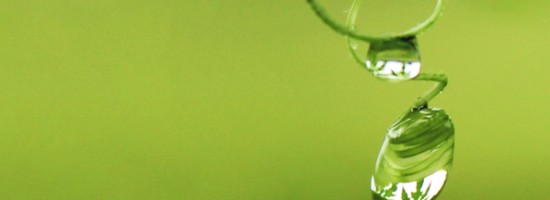Papaya Leaf Extract

In areas of the world, the Papaya Tree is known as the melon of health or as the “medicine tree”.
PubMed which catalogues medical research from around the world has 38 entries for papaya related studies, though some are multi herb research studies. What is typical in these entries is that there are many observed qualities of papaya leaf — “the precise cellular mechanism is unclear.” No one seems to know yet, how exactly papaya leaf extract works.
Some of its phytochemical profile is revealed — yielding Papain, Carpaine, Lycopene, Sinigrin, Caricin, Acetogenins, and Vitamins A & C. We have only seen one report that directly links acetogenins with the ability to modulate the production of ATP. Otherwise in reading through the studies I don’t see any direct understanding between constituents and its most important actions.
So what are the qualities of this medicine tree? Foremost is that it can raise platelet levels. This quality has been shown in numerous parts of the world.
It can kill pathogenic organisms of a wide variety. It has widespread use in the treatment of dengue fever, parasitic infections, and malaria. Studies have shown utility against fungal and bacterial infections. There are anecdotal reports of its use against HCV.
In studies it shows significant inhibitory action on tumor cell lines. There are many reports of its reversal of advanced cancers, though no studies that document this ability.
Other qualities include protection of both liver and kidneys from toxicity. This is an amazing juxtaposition of qualities having it so strongly anti-infective, yet healing of the internal organs at the same time.
Parts of the papaya are used extensively in treating skin conditions, including ulcers & burns.
Papaya Leaf Extract has a hypoglycemic effect on blood sugar, and more important shows an ability to regenerate the islets cells of the pancreas.
We are just beginning to use this product on our patients and will update you on this exciting new product!
— Doctor Steven Finkbine
